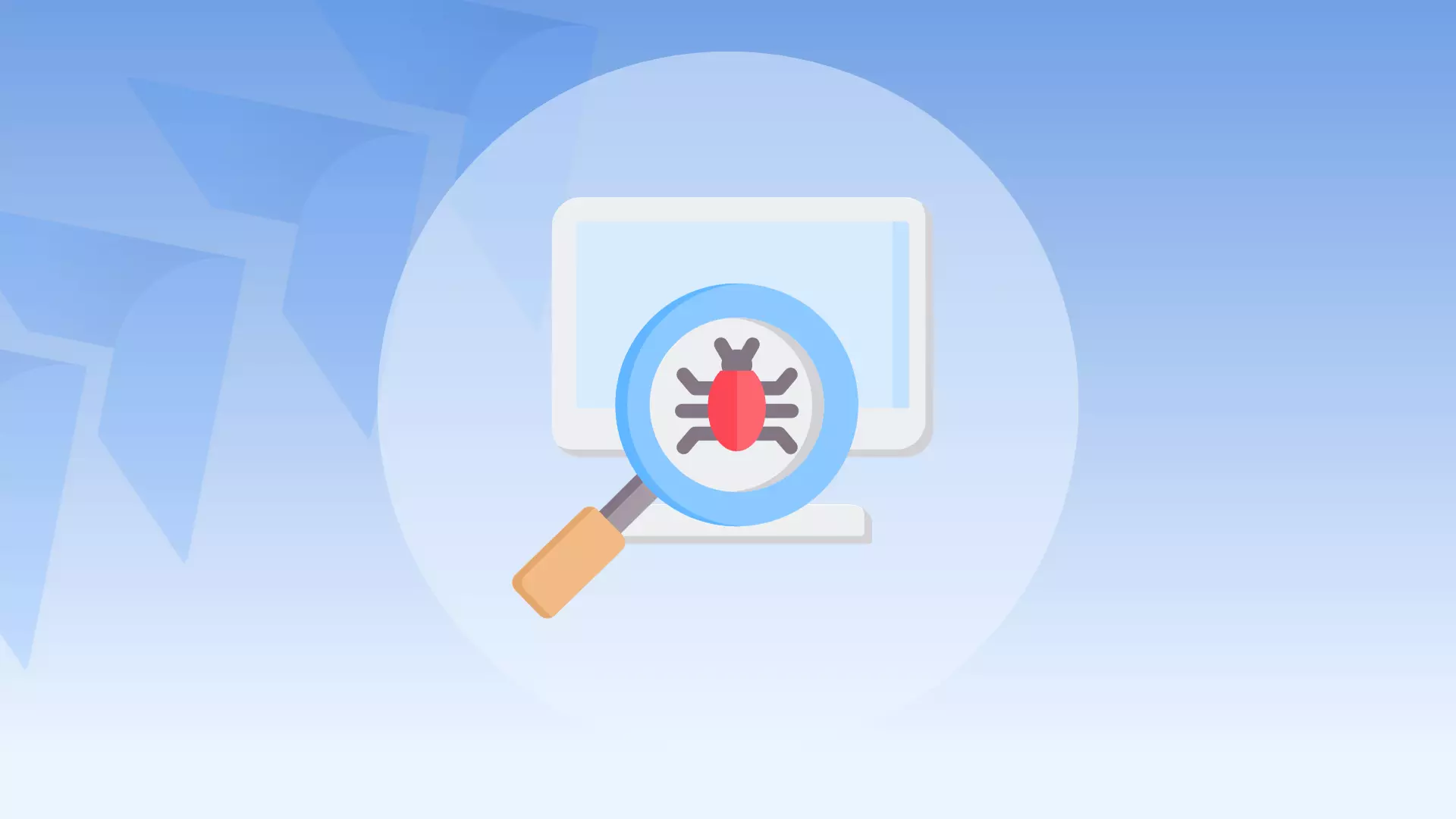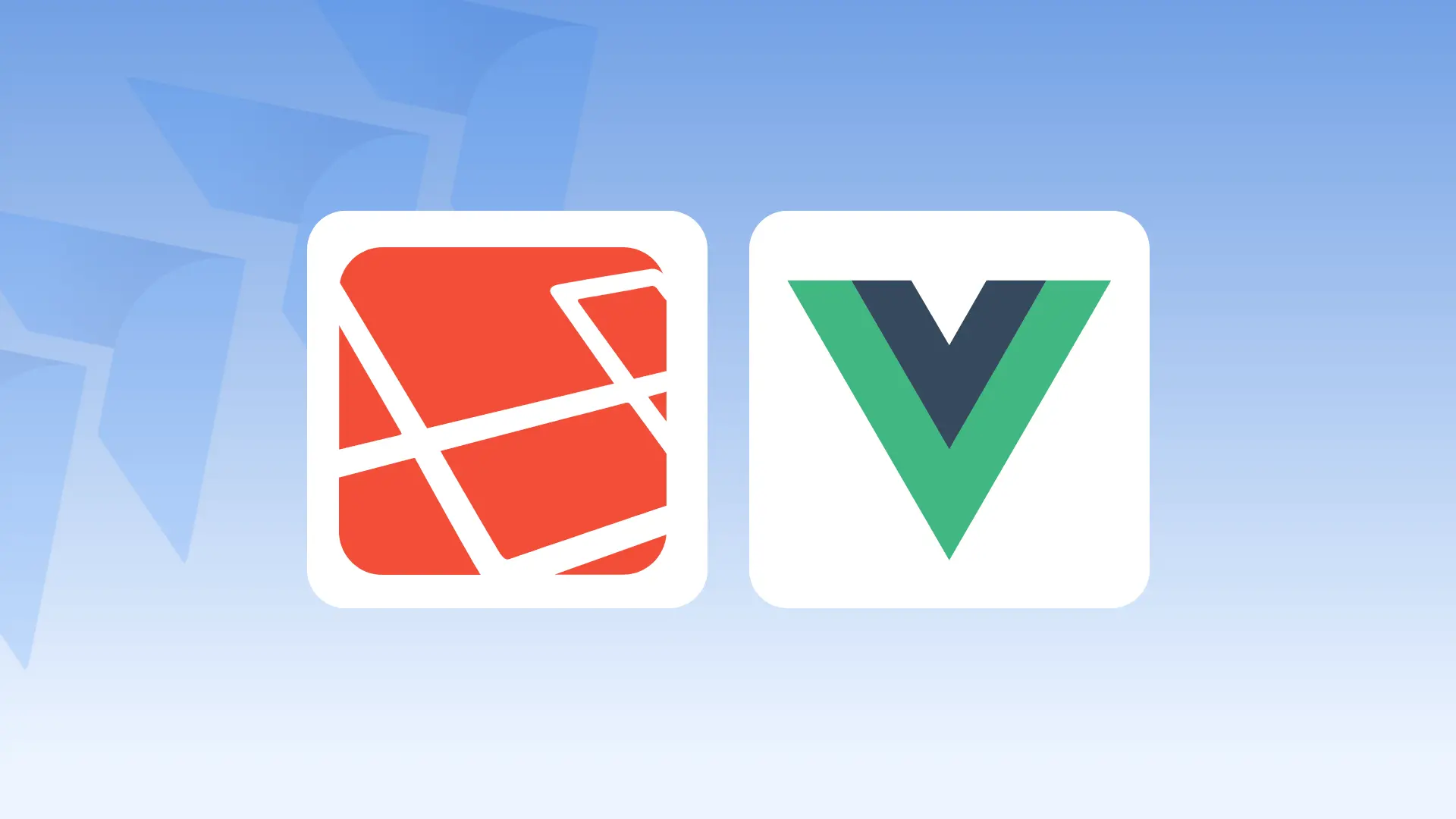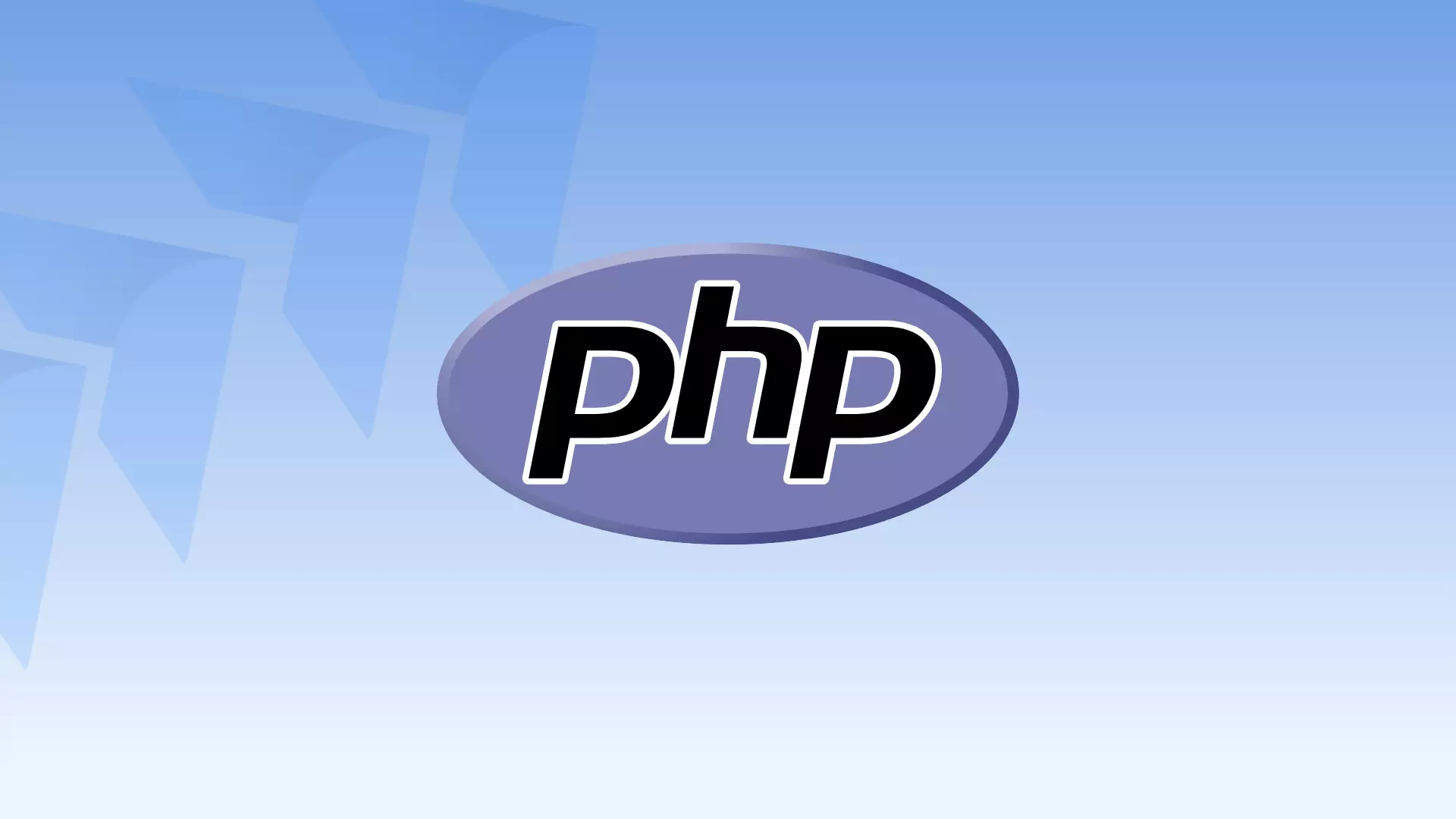Hey everyone, welcome to Invezza’s Blog.
When you think of web development, aside from HTML, CSS, and JavaScript, the PHP language is one of the names that comes to mind.
Did you know that according to statistics, PHP is among the ten most popular programming languages in the world. It can be a perfect choice for lots of projects; however, the success depends not only on the language but also on your choice of tools, so how can you tell which PHP framework is best for your solution.
Continue reading this article to find out. Let’s start by analyzing the 10 best PHP frameworks.
1. SYMFONY
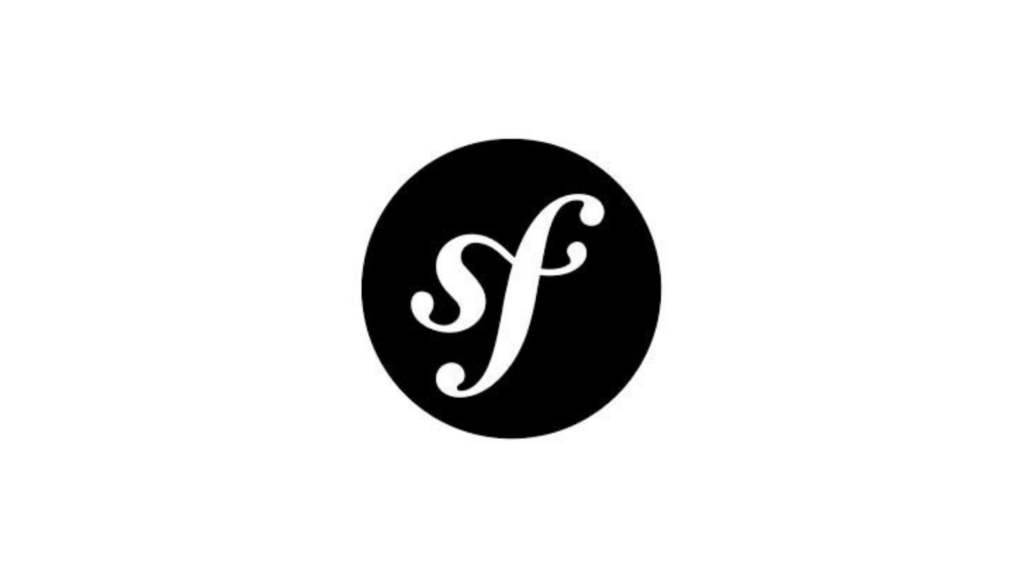
The first one on our rating is Symfony. The reasons why it is so popular include:
PROS:
- Ability to create large-scale high-performance projects
- Modular solution architecture
- A convenient API for searching and manipulating folders and files
- Improved stack control in case of an error and a dump function
- A full console with arguments and the ability to control parameters
- Support for third-party packages, libraries, components, as well as the ability to customize them
The cons of Symfony include learning complexity.
2. LARAVEL
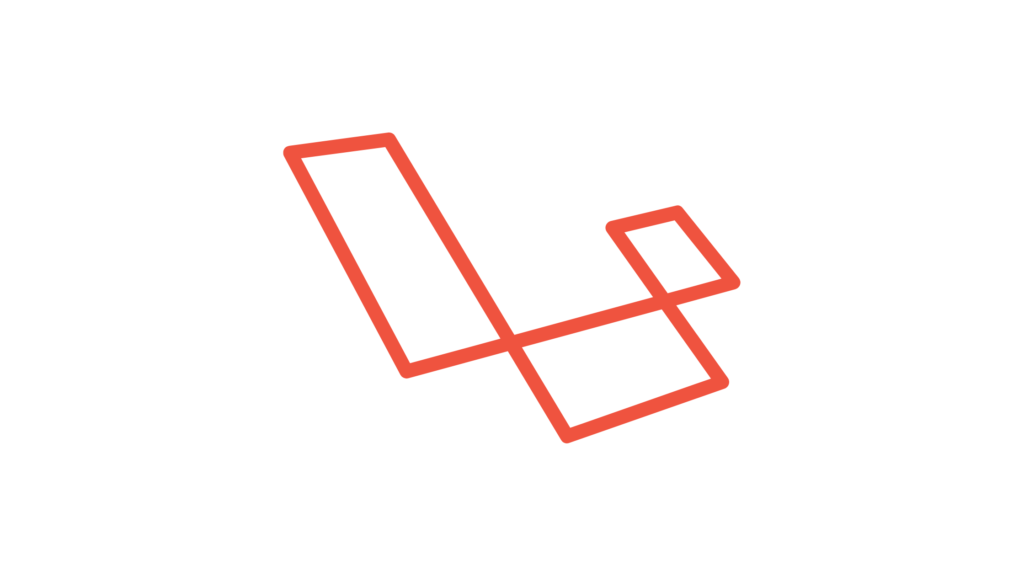
The second framework is a laravel.
It is designed to create applications based on the MVC architecture.
PROS INCLUDE:
- Built-in templating engine
- The abstraction of roots
- Flexible options for creating a REST API
- Eloquent object-relational mapping
- Availability of an advanced administration panel
- Easy integration with no SQL solutions
Despite so many pros, laravel does have a downside to it. A rather high input threshold and some imperfections in the debugger.
3. CODEIGNITER

It allows creating versatile and secure web applications with MVC architecture.
The benefits of code ignitor are the following:
- Easy learning curve
- Built-in hashing system
- Increased page generation speed
- Built-in active record template for working with databases
- Support of MySQL, PostgreSQL, MSSQL, SQLite, Oracle
- Support of a large number of libraries, helpers, hooks
However, take into account that CodeIgniter has its coding style that differs somewhat from the generally accepted code creation models. Besides, the caching system is not developed well, and the dependency injection pattern is also missing.
4. PHALCON

Phalcon is AC extension known for its fantastic performance. it is worth noting that developers do not need to know the C language to work with this framework since all the functional elements are represented as PHP classes from phalcon namespace.
Let’s look at the benefits of phalcon in more detail.
PROS:
- Low consumption of memory resources and
- Accelerated processing of HTTP requests
- Cashing in ORM
- Mutual integration with pHQL and MONGODB
- Built-in form constructors
- Easy creation of the REST API
- Possibility of building modular software
Phalcon does have its drawbacks.
- Some difficulties in working with the CLI and the inability to fix the code
5. CakePHP
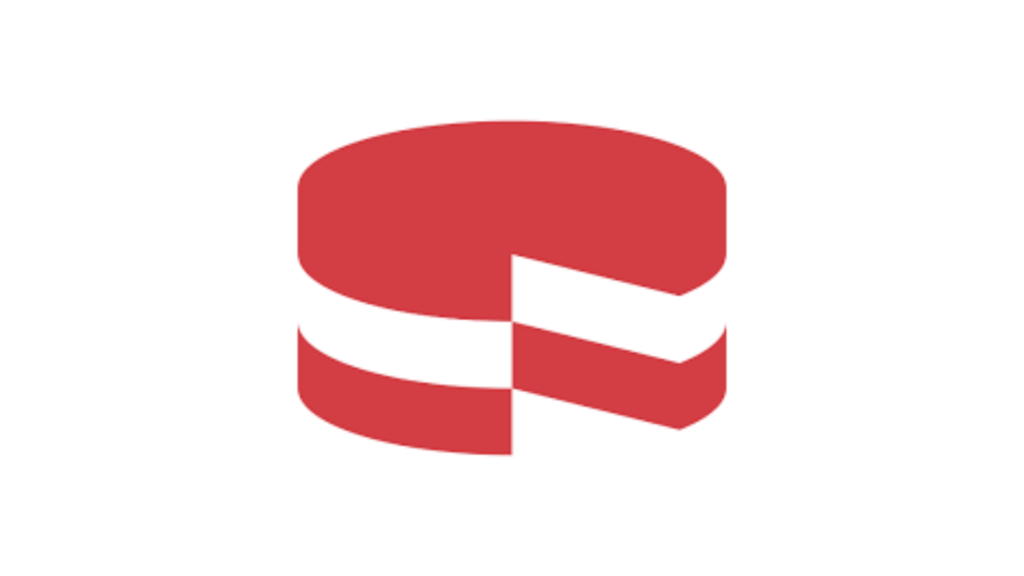
It is an excellent choice for newbies in web application development.
Initially, this development environment was created as an alternative to the well known Ruby on Rails.
Its pros include:
- Extensive package support
- Built-in security features scaffolding and generation of crewed pages for entities
- Simple tests support
- The built-in mechanism for creating multilingual sites
- Built-in object-relational mapping
- Automate a generation of SQL queries
On the other hand, CakePHP is considered weaker than the mentioned code ignitor in terms of speed and flexibility.
6. Zend framework
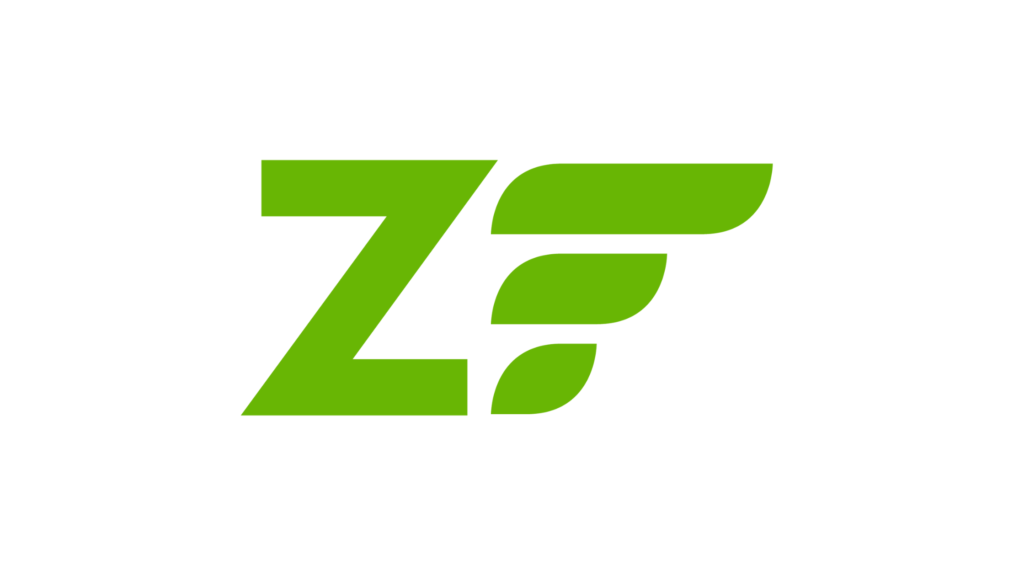
Typically this environment is used to create large-scale software, and here’s why
- Use at-will architecture assisting in the development of modular components
- Support of a large number of database management systems
- Flexible caching system
- A bunch of embedded components for security applications
- The widespread use of object-oriented programming
- Easy creation of REST API using RPC
The main disadvantage of this framework is its speed and the complexity of learning
7. YII

This framework helps you
- Create an efficient and straightforward code without unnecessary complications
- It is also straightforward to master
- Able to provide a high level of security
- Scalable without performance loss
- High performance
Yi is great for high-load multi-level web applications as for the drawbacks. The developers say that:
- The code structure can create a load on the server
- The code is simple but not always elegant
- The back-end and front-end parts created using this framework are too interconnected
- The routing system is not very flexible
8. Fuel PHP
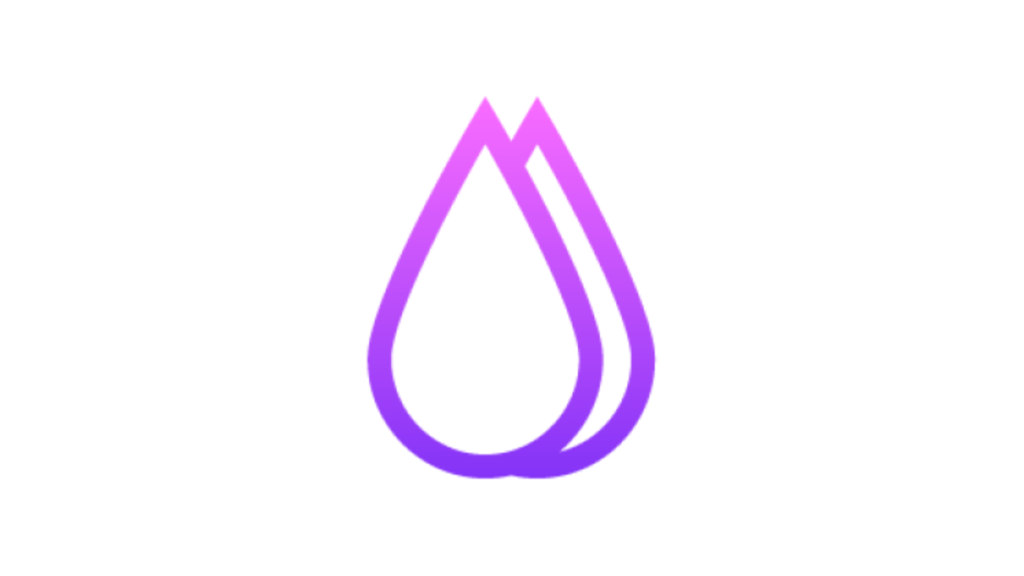
It was created by developers who are unhappy with the functionality of CodeIgniter.
The main goal reached by creating fuel PHP is great flexibility and productivity without additional time costs
The benefits of this framework:
- Include object-oriented approach
- Flexibility
- Significant reduction of development time
- Interactive debugging
- Regularly created and improved bundles and extensions
- It’s easy to learn
All in all, fuel PHP can be named a good enough framework for web projects where the code igniter functionality is not enough.
9. SLIM
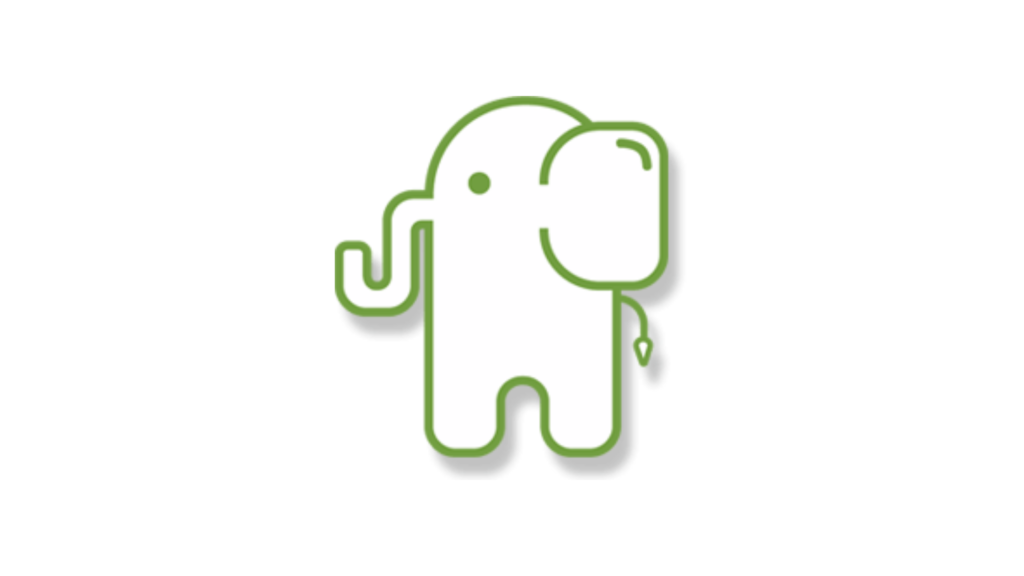
It is a maximally simplified wireframe solution that can be easily and quickly customized depending on the requirements of the project.
So the main advantages slim can brag about are:
- The speed of development
- Ease of learning
- Security features like cookie encryption
This is an ideal tool for creating small API’s if the speed of launching a project is the highest priority, then consider slim.
10. FAT-FREE

This micro-framework provides a modular structure of applications and is ideal for creating scalable solutions.
The advantages of the fat free framework are:
- Small size
- A variety of built-in packages tools and integrations
- The autoloading option that allows you to include classes only when they are needed
- Ability to create templates
- Embedded URL router
- Caching mechanism
- High-performance
The apparent disadvantage of fat free is its unsuitability for developing large high performance projects.
How to choose the best framework for your project?
Do you think you can simply take laravel or symfony and win? Write your thoughts in the comments. Actually, we have compiled a list of questions and answers to which will help you make the most informed decision.
1.) What functionality does a framework have? Does it meet the needs of the project?
⇒ Consider making a list of the most critical technical criteria for your project.
2.) Is it easy to scale a project created with this framework?
3.) How active is the tool development?
⇒ If you take into account the frameworks listed in this article, Laravel is the fastest growing solution.
4.) Are there template engines and a modular approach?
⇒ From our list, it is best implemented in Symfony.
5.) What development speed can each framework offer without loss of quality?
⇒ In most cases, laravel can offer the best of elements speed.
6.) Which of the PHP framework’s performance is the best?
⇒ Yii and Symfony may be the best choices for highly loaded applications that will be scaled in the future.
7.) Which one from the PHP framework list works with most databases?
⇒ As for databases, Symfony supports the most significant number of SQL and no SQL databases.
Summing up, you can see that all the PHP development frameworks on our lists are useful, and recommending a specific one does not make any sense. It all depends on your particular requirements.
You can consult Invezza for project evaluation, strategy, and implementation.
Now back to you: which is your preferred PHP framework and why? Let us know in the comments below!



